The cost of living crisis is affecting the vast majority of drivers’ motoring habits, with research showing that seven in ten (69 per cent) motorists have changed their behaviour since the beginning of the year.
New research for Kwik Fit reveals that in 2022 over one third (35 per cent) of drivers have cut down on car journeys they describe as “non-essential”.
Those driving petrol or diesel cars are twice as likely to have cut down on these journeys compared to drivers of electric vehicles or hybrids – 40 per cent vs 22 per cent respectively.
The cost of living crisis has prompted many drivers to reappraise their driving styles – more than one in five drivers (21 per cent) say they have consciously tried to drive more smoothly or less aggressively.
Some 14 per cent say they have driven more slowly on all their journeys, with 17 per cent saying they have done so on some journeys.
Related: Petition opposing dangerous two-year MOT plans gains momentum
Despite the average low emission car (EV or hybrid) being less costly to run, drivers of these vehicles are more likely to have decreased their speed than those driving petrol or diesel engine cars.
The Kwik Fit research found that 17 per cent of drivers of EVs or hybrids have swapped from a diesel or petrol car this year as a direct result of the cost of living crisis.
Some car owners have made an even more dramatic switch – 4 per cent of drivers say they have sold their car this year and not replaced it.
The research findings highlight that the impact of rising costs is not uniform across different groups – drivers under 35 are a staggering eight times more likely to have sold their car and not replaced it than drivers over 55.
One in ten London drivers say they have sold their car and not replaced it.
This may be due to the availability of public transport options as an alternative to private car journeys as 14 per cent of drivers in the capital say they have made more of their essential journeys by public transport or have car shared.
Related: Electric vehicle ‘range anxiety’ doesn’t match reality, AA president says
This is the highest figure of all UK regions and compares to only 4 per cent in the more rural areas of the South West and East of England, the regions with the lowest number of drivers switching to public transport.
Although the government may be keen to reverse the home working revolution caused by the pandemic and get people back to the office, Kwik Fit’s research shows that the cost of living crisis may not help in their aim.
Some 11 per cent of drivers say that since January they have been working from home even more often in order to save money on driving costs.
The increasing cost of motoring has prompted some drivers to take up good motoring maintenance habits.
One in ten drivers (10 per cent) say they have started regularly checking their tyre pressures, while a slightly higher proportion (11 per cent) have emptied their car boot of any heavy items.
Related: Department for Transport launches trial to banish loud engines and exhausts
Some 3 per cent of drivers say they have removed roof racks, bars or bike racks which they normally keep permanently on their car.
Roger Griggs, communications director at Kwik Fit, said: “The cost of living crisis is impacting many areas of our lives and motoring is no exception.
“While some drivers are able to cut down on their journeys, many of the journeys motorists make are essential and cannot be made by other means.”
Official government data on car use shows that in 2021 car traffic returned towards the same levels as the equivalent days before the pandemic and by June 2021 was regularly exceeding those figures.
However, since January 2022, daily car usage has exceeded the equivalent pre-pandemic volume on only five occasions.


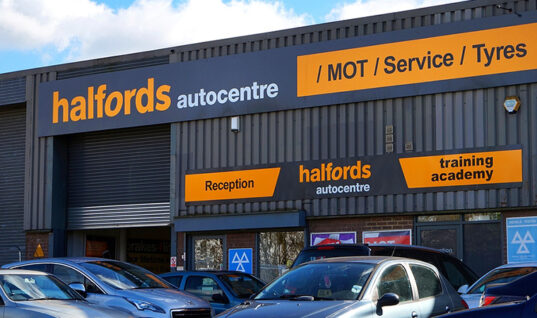

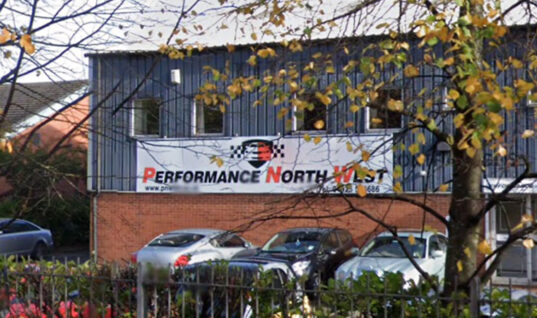
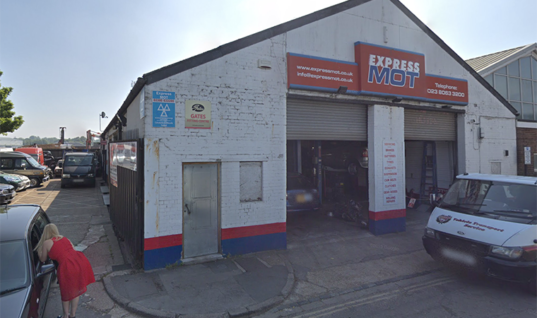
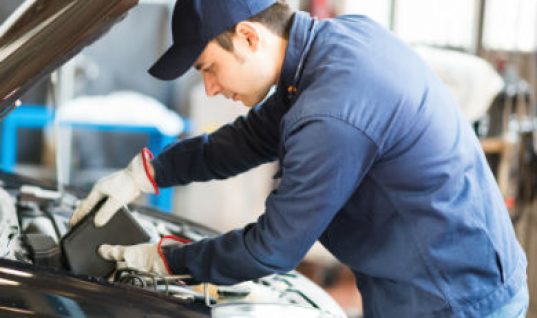
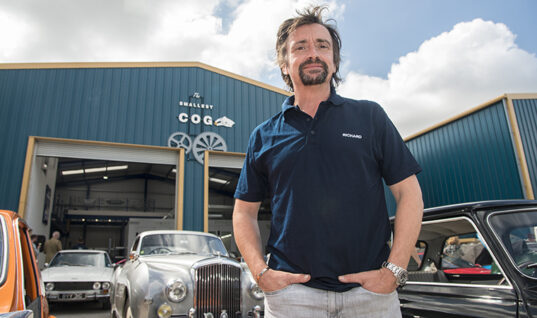
Lee Heywood
Going to be a very interesting 6 months for the motor trade with the mot extension backlash making summer a very lean period anyway. Now reduced use of personal transport added to this I wonder how many repairers will close.
Peter Fearnley
Lean times indeed at the moment this time of year is always busy for us but not so this year we are missing the servicing that is usually plentiful with motorists getting ready for days out but probably goes with lack of MOTS.
Another “interesting” thing happened to us last week we had double RED lines put on the road outside our workshop doesn’t matter now but if we get busier we will have lost parking spaces for dead (longer stay) cars the road gang boss told me RED lines are all they are doing right now so they may become a problem to your garage & we had a few days notice & no consultation
Meat-Head
Oh not noticed been busy at work, so busy don’t even get chance to login to #DK
Town is full of cars, I tend to cycle as the guy with a wig still wont give me my license back